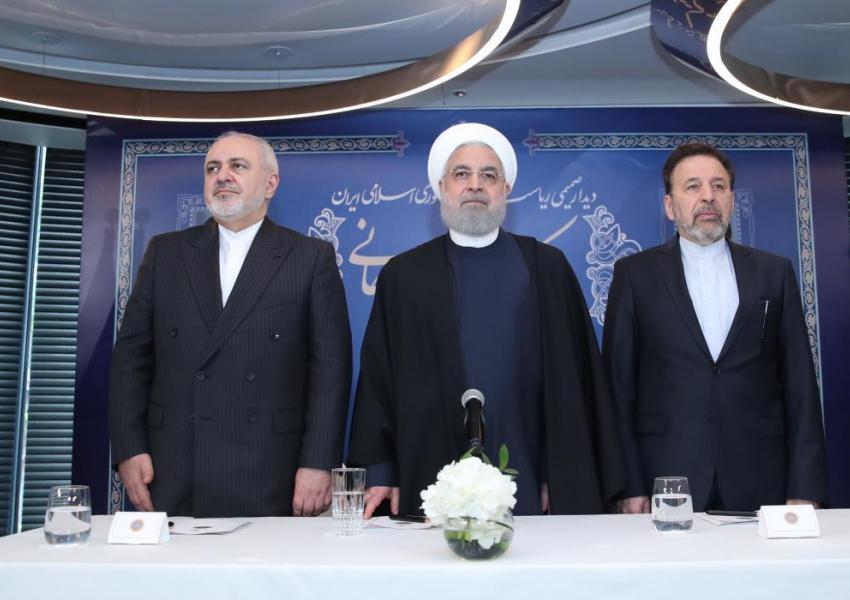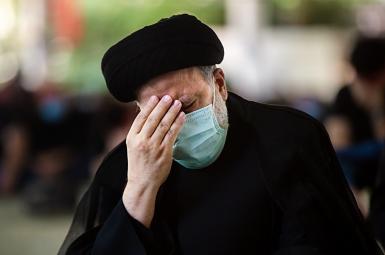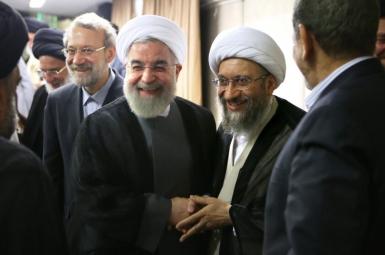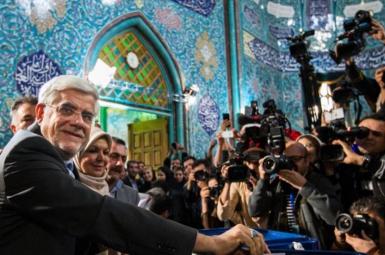
Rouhani Is Failing To Use His Powers Well, Say Politicians
Criticism of President Hassan Rouhani from both political opponents and erstwhile allies have been highlighted by interviews in the reformist website Ensaf News.
Former parliamentary deputy Ali Motahari, who is the son of a leading ayatollah, told Ensaf News that Rouhani had enough powers to run affairs of state, and did not need to suggest to Supreme Leader Ali Khamenei the formation in 2018 of the Economic Coordination Council, which involves the Judiciary Chief and Parliament Speaker.
Gholamhossein Karbaschi, former Tehran mayor and secretary-general of the dormant centrist party, the Executives of Construction, told Ensaf that previous presidents had managed well under similar circumstances. He claimed that both Akbar Hashemi-Rafsanjani (1989-1997) and Mohammad Khatami (1997-2005) had done “a great job” with the same powers held by Rouhani.
While many political activists and analysts have criticized Rouhani's performance during the past few weeks, there is notable disquiet in the reformist camp, which generally backed Rouhani in his election victories of 2013 and 2017.
Reformist analyst Mahdi Khalili wrote on twitter that some opportunists were blaming Rouhani, his chief of staff Mahmoud Vaezi, and vice president Mohammad Bagher Nobakht for the country's economic problems. Another reformist, Abbas Abdi, suggested that Rouhani should resign if he could not solve the country’s problems, so paving the way for an early election.
Rouhani’s statement September 23 blaming Washington for Iran’s economic problems led to criticism from across the political spectrum. Hard-line lawmaker Nezameddin Mousavi reminded Rouhani he had more than five years before US sanctions began in 2018.
Leading ‘principlist’ figures outside parliament have joined the criticism. Ebrahim Raeesi, head of the judiciary, made a thinly-veiled attack on the president by warning that blaming the country's problems on foreign countries only emboldened “the enemy.” On Friday [October 2], the Speaker of Parliament Mohammad Bagher Ghalibaf (Qalibaf) suggested the government had decided simply “to ignore” the steep fall of the rial, which on Thursday fell below 300,000 against the dollar.
In his interview with Ensaf News, Motahari criticized Rouhani for delegating part of his authorities to others. He cited the arrests of environmentalists in early 2018 against Intelligence Ministry opposition, and the invitation of Syria’s President Bashar al-Assad to Iran in 2019 without the knowledge of the Foreign Minister, Mohammad Javad Zarif.
Motahari also criticized Rouhani for passing his list of cabinet ministers to Khamenei’s office before sending it to parliament for approval, and for his administration’s management of gasoline prices, where sudden increases led to widespread protests in November 2019.
Karbaschi said that Rouhani had disappointed voters’ expectations: “The turnout in the next [presidential] election [due in early 2021] depends on the country’s situation…The people do not care how much authority the president has. They want to see if their own problems have been solved.”
Fuelling much criticism is the poor state of Iran’s economy. On 24 September reformist daily Aftab Yazd attacked the Rouhani administration "for the high prices of everything from eggs to houses and for pretending that the inflation rate in Iran is only 26 percent while the most optimistic estimates puts it at over 50 percent.”







